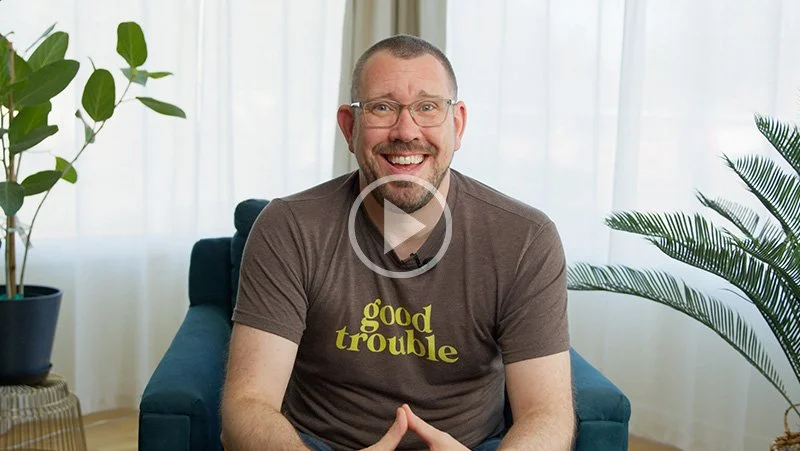Accountability is About Commitment, Not Punishment
Welcome to the #culturedrop. Every Tuesday, Galen Emanuele emails tools to advance leadership skills, team culture, and personal growth. No spam, just great content. Sign up now to get it in your inbox.
This week is a really quick shift in mindset and reframing around accountability.
Mental reset: Accountability isn’t about punishment.
Often, the idea of holding people accountable in a workplace setting is centered around a punitive mindset, where if you behave or perform in a certain way then you'll be in trouble, or potentially lose your job.
“Consistency and holding people to high standards isn’t about being punitive and policing bad behavior. It’s more about, “Are we who we say we are?” It’s rooted in commitment.”
Consistency and holding people to high standards isn't about being punitive and policing bad behavior. It's more about, "Are we who we say we are?" It’s rooted in commitment.
When you think of holding people accountable to a certain level of performance, or intentional, positive behavior inside your team, it shouldn’t be based in criticizing them, threatening people’s jobs, or people “being in trouble.”
It's that you’re sending the message and solidifying the fact that you as a team, and as an organization, are committed 100% to what is acceptable in terms of how people show up, perform, and impact others. It’s your commitment to your clearly defined culture and the rules of engagement that define what it means to be part of the team.
“Holding people accountable is about solidifying what we as a team and organization are 100% committed to, together.”
It’s a much a more positive, intentional way to frame up the conversation as, "The reason that this has to be addressed and the reason that a change in this behavior or performance is required is because we are 100% committed to these ground rules and our culture."
And when you can make that promise and uphold it — that absolutely everyone that you work with will be committed and held to the same high standard, including leaders — it creates a much healthier, consistent, more positive environment for everyone to thrive in.
So that's it. Don't think of accountability as punishment and crime and getting people in trouble. Think of it as being committed to very intentional behaviors and performance that (if you’re doing it right) are clearly articulated and universally understood..
Want more?
This article was created by Galen Emanuele for the #culturedrop. Free leadership and team culture content in less than 5 minutes a week. Check out the rest of this month's content and subscribe to the Culture Drop at https://bit.ly/culturedrop







